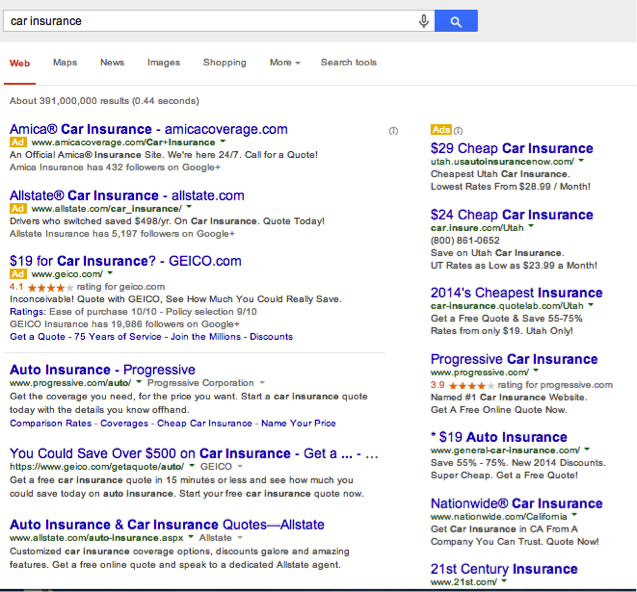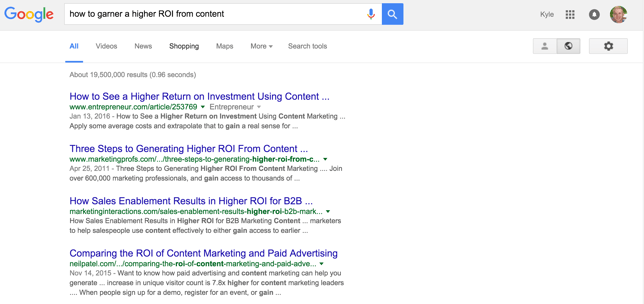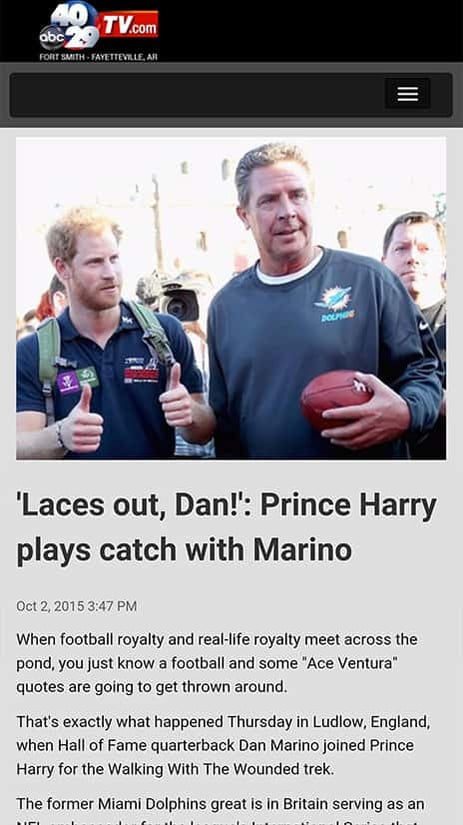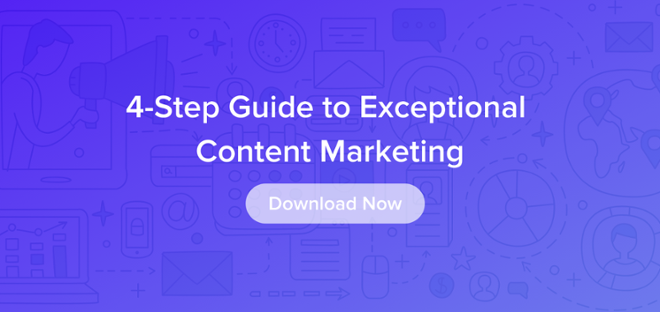 Content that cannot be found is not worth writing. Forgive my brutish tone, but in an industry dominated by lead generation, marketers simply have to play by the rules of search engine optimization. Otherwise, their work is of no more use than a diary entry — no matter how steamy.
Content that cannot be found is not worth writing. Forgive my brutish tone, but in an industry dominated by lead generation, marketers simply have to play by the rules of search engine optimization. Otherwise, their work is of no more use than a diary entry — no matter how steamy.
As Google still reigns supreme and captures the majority of search engine market share, it's by Google's rules we must play. Marketers lament the engine's ever-changing algorithm, yet recent auxiliary changes may be of greater consequence for content creators.
News of pay-per-click (PPC) platform revisions and the introduction of a new framework for mobile content, Accelerated Mobile Pages (AMP), have shaken up our industry. And while we know that white hat SEO practices, such as proper link building and keyword usage, serve us well, these changes encourage us to further optimize our content through Google. Let's discuss how — in regular, human English.
PPC and SERP
In the past, Google's search engine results pages (SERPs) have displayed pay-per-click ads above, below, and to the right of results. This is what that looked like:

Now, two changes have been made to results pages:
1. Results to the right will no longer display on desktops and tablets.
2. Pay-per-click ads will populate only on commercial searches, not on informational searches.
Google tags most searches as commercial queries, so the sky isn't necessarily falling. Most inquiries will still populate with PPC ads, but when a search engine is asked a firmly educational question, its informational search page will look like this:

Not a PPC slot in sight.
So, what does this mean for marketers? Businesses may market services on commercial searches, and sales ads can still publish to PPC slots, but informational content has no such crutch. For your brand to stay top of mind with consumers searching for industry insights, your content must be strong enough to rank with Google's algorithm.
Accelerated Mobile Pages
The rise of alternative platforms for publishing content is not an underreported phenomenon. But while Apple and Facebook require partnerships for posting, Google's AMP is an open-source playground for mobile web builders.
Curious what AMP content will look like? Check it out:

Here's what you need to know:
1. It's a modification of HTML, the Internet's basic programming language. According to Google, AMP's version carries "some restrictions for reliable performance and some extensions for building rich content beyond basic HTML."
2. AMP pages load quicker, stripped-down versions of conventional mobile web pages.
3. Certain infrastructure language (e.g., JavaScript) used to deliver mobile advertising is being stripped out, but pages using AMP tech receive an SEO boost for mobile-friendliness. Ad tech vendors are already signing on to the software.
4. The AMP Project created a tutorial to help you get building!
AMP's ability to boost content's SEO should be of particular interest to content marketers. Where the search engine goes, so will its algorithm. Getting on board with the latest platform hosted by the world's most powerful information supplier is a keen move for your content efforts.
Key Takeaways
If there's anything to share with your content team and C-suite, consider these two takeaways:
1. Google preserves the integrity of informational searches by removing pay-per-click ads from them. Content must be high-quality to rank well in a world without PPC exposure.
2. Google gives favor to mobile-friendly content, and by employing its new AMP web platform, you'll stand at the cutting edge of SEO, web language, and reader-optimized content.
As marketing moves away from pay-per-click and targeted ads on traditional browsers, the power of content grows stronger. By optimizing content's build and placement, content marketers will preserve their brands for posterity amid the ever-changing world of search.
For a complete guide to creating exceptional content, download the free guide below: 










